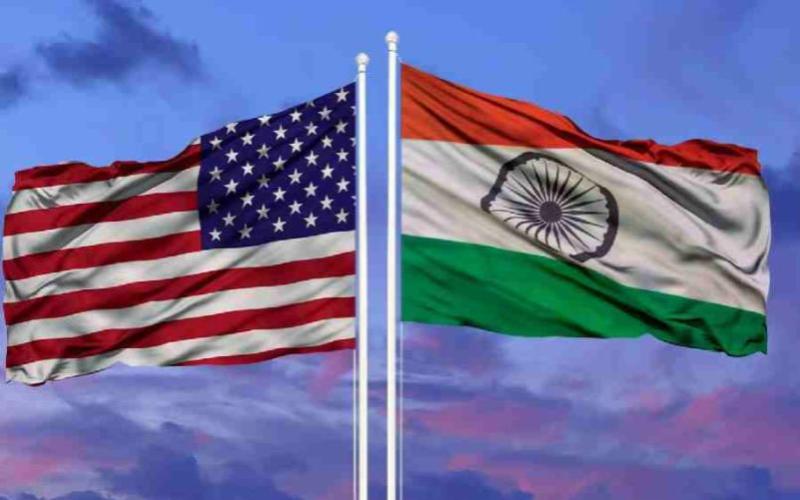India-US Trade Talks Hit a Critical Juncture
Sourse: economictimes.indiatimes.com
India and the US are in crucial negotiations over a trade pact, with New Delhi firm on its position regarding market access for agriculture, GM crops, and dairy.

Trade negotiations between India and the United States have reached a pivotal moment. As India's representatives remain firm on issues of market access in agriculture, genetically modified (GM) crops, and dairy, talks have extended beyond their initial schedule.
Despite efforts to finalize an agreement before July 9, when reciprocal tariffs are set to take effect, key differences remain. India's stance is that there will be 'no compromise on the interests of Indian farmers' as these discussions continue. The backdrop to these negotiations includes the announcement by President Donald Trump of a 26% reciprocal tariff on Indian goods, a decision that was delayed but looms as a significant point of contention.
Talks in Washington are characterized by proposals for phased deals, suggesting some issues might be settled later. A core point of contention is the US desire to sell GM crops and cattle feed in India. This area is sensitive, as many Indian farmers practice sustenance farming on small plots of land. Conversely, the US is unwilling to lower tariffs beneath a 10% baseline. The Ministry of Commerce and Industry in India has warned domestic sectors that this negotiation is multi-phased, emphasizing the complexity and ongoing nature of the discussions.
Despite efforts to finalize an agreement before July 9, when reciprocal tariffs are set to take effect, key differences remain. India's stance is that there will be 'no compromise on the interests of Indian farmers' as these discussions continue. The backdrop to these negotiations includes the announcement by President Donald Trump of a 26% reciprocal tariff on Indian goods, a decision that was delayed but looms as a significant point of contention.
Talks in Washington are characterized by proposals for phased deals, suggesting some issues might be settled later. A core point of contention is the US desire to sell GM crops and cattle feed in India. This area is sensitive, as many Indian farmers practice sustenance farming on small plots of land. Conversely, the US is unwilling to lower tariffs beneath a 10% baseline. The Ministry of Commerce and Industry in India has warned domestic sectors that this negotiation is multi-phased, emphasizing the complexity and ongoing nature of the discussions.
Key News of the Week










